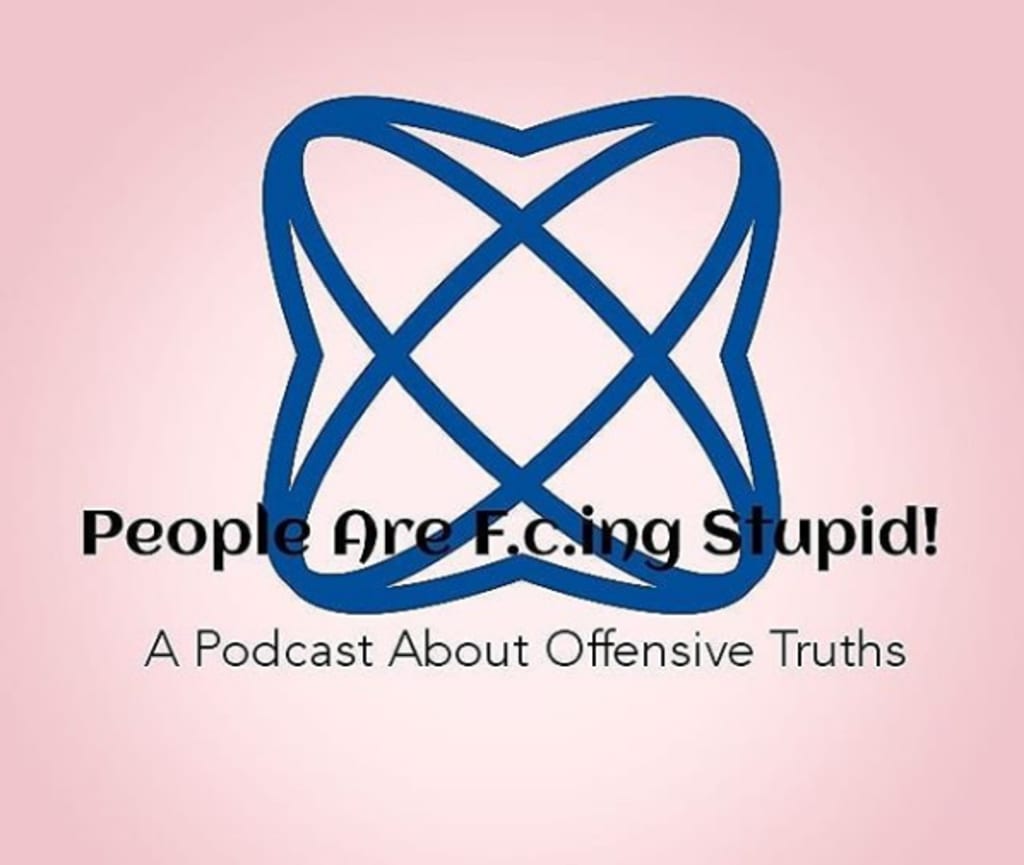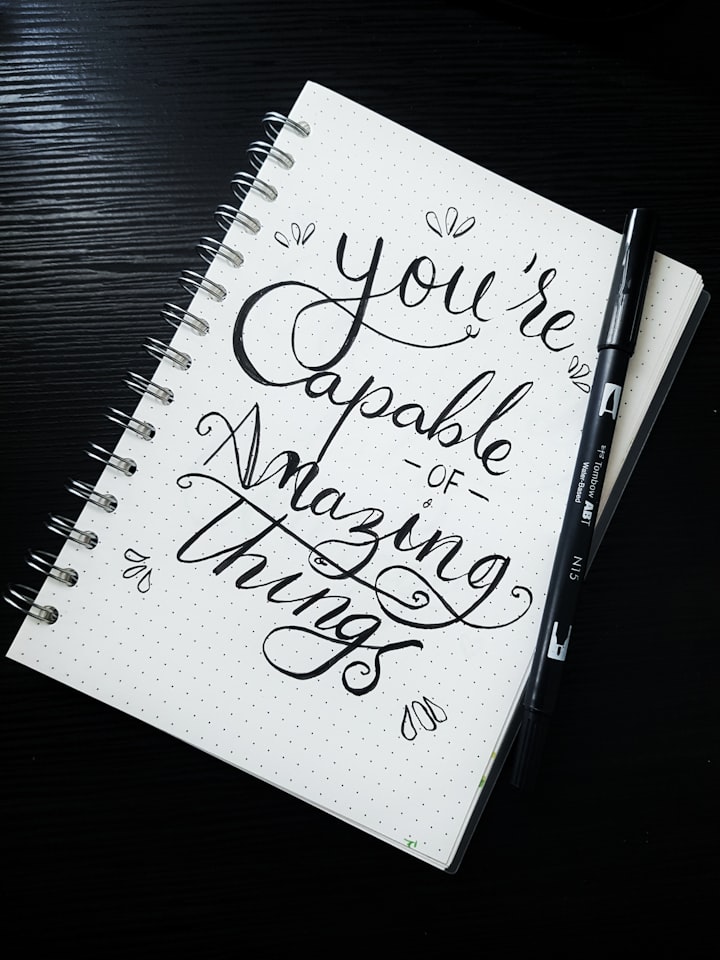New York Times Company v. United States
3-2 Journal Assignment: COM-530

New York Times Company v. United States
As Americans we take our Rights and Freedoms for granted more often than not. As with anything in life, we must be responsible with what we do. “Responsibility” is a double-edged sword however and that is why information and incite is essential. How can I understand the threats information has on someone if I am not privy to this information? Therein lies a dilemma for Freedom of Press and Freedom of Speech. The alternative to this argument is the dissemination of information that is damaging and therefore should only be released to legal parties for investigation. The public and private media sectors have a way of taking incomplete information or the like and manipulating it into something it is not, thus creating a preventable problem that can very quickly snowball into a legal issue.
In 1971, the case of New York Times Co. v. United States hit us where it hurts! This and many other recent instances have brought up ethical issues with the release of information. Will it cause harm to someone? This question is also a double-edged question! If information won’t necessarily get someone killed but rather will make someone look bad then this too can be considered harmful. In that respect we must be responsible and say it is unethical to release any information that will cause harm to an innocent, however if its release will incite legal charges against parties involved then this is an ethical release of information.
With regards to this case how it was handled was unethical. The New York Times was the only company that was not able to publish the sensitive information at first. Until the situation could be assessed this temporary restraining order (TRO) should have been applied to all news organizations and all forms of media. Without this ethical practice the original judgment comes across as targeting only the New York Times unfairly.There was no consistency in the ruling from the District Court.
The argument from Douglas made the best sense to me, “Secrecy in government is fundamentally anti-democratic, perpetuating bureaucratic errors.” Open debate and discussion on public issues are vital to our national health.” (Moore and Murray, 2012). The release of the Pentagon Papers allowed them to be published, however it was noted that few actually read the publications.
If we’re being honest, our courts are a mockery of true justice! In every case viewed in person or on television we see personal experience and opinion override facts either with the decision from the judge or the jury. There is and probably will never be a perfect system, however the drama of the courts should be minimal. Ethics has its place in life, business and politics. Is ethical to accept stolen property? No. They should have been returned to the rightful owners. That being said, the press still has a legal obligation to inform the public of any factual news no matter where they obtained the credible information. In a court specific evidence is not always admissible if it does not meet criteria. These factors of our court system can make it difficult to prove beyond a shadow of a doubt that someone is guilty.
The short and sweet of ethics are knowing what is right and wrong and acting or reacting accordingly. The problem with ethics as with any answer we may see as correct is that these ethics may differ through alternative perspectives. My best current example which gets me in a lot of trouble is the ongoing discussion of the oppression of African-Americans. This is still a thing in today’s world which isa difficult for many to see based on our regions. Some regions see it more blatantly while others may not see it at all without having it pointed out. This perspective will vary based on region, experience, affiliations and education.
Even in the textbook we see the ethical debate being a double-edged sword with regards to releasing the Pentagon Papers. As I already said, this debate of ethics is like a double-edged sword and we can become lost in the dizzying arguments of such debates only to lose sight of the point of the matter. Things almost need absolutes to avoid such problems which opens a different can of worms.
References:
Moore, R. L., & Murray, M. D. (2012). Media law and ethics. New York, NY: Routledge.
About the Creator
W.S. Klass
I have a passion for writing. As a published author for nearly two decades, it pleases me to have a platform such as Vocal to share my works for free.
"I never apologize for who I am!"-W.S. Klass.






Comments
There are no comments for this story
Be the first to respond and start the conversation.